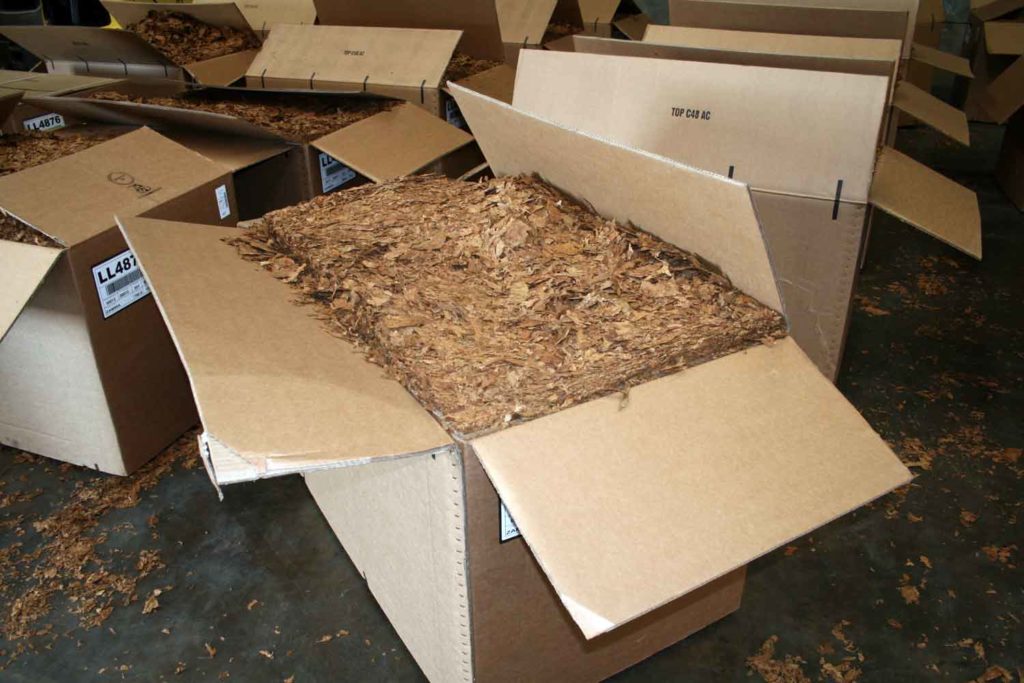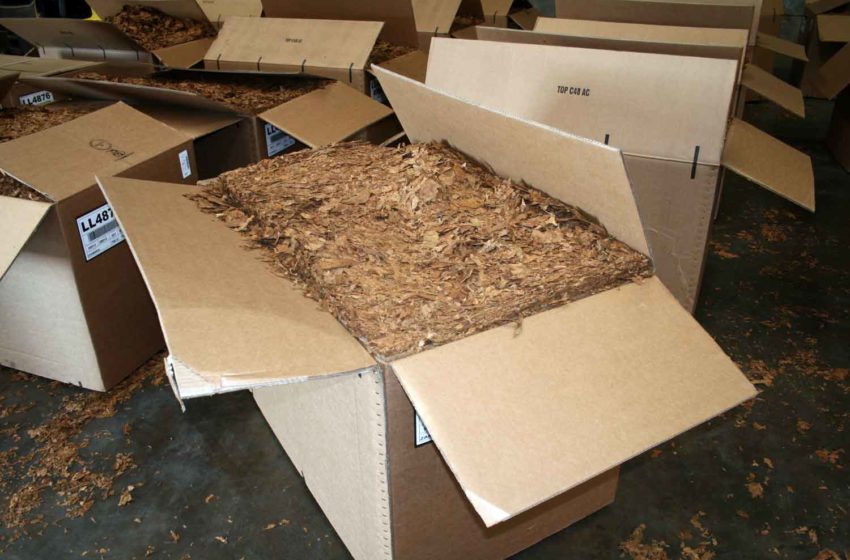
The reluctance of banks to open the documentary credits required to import leaf tobacco is endangering the operations of Egypt’s tobacco factories, reports Egypt Independent, citing the Tobacco Division of the Federation of Egyptian Industries ((FEI).
FEI Division Head Ibrahim al-Embabi warned that more than 23 factories will close following the Eid al-Fitr holiday, after which they will have used their entire stock of raw tobacco. Due to a ban on tobacco cultivation in Egypt, the country’s tobacco industry is entirely dependent on leaf imports.
Earlier this year, Egypt’s Central Bank of Egypt stopped collecting documents upon import, requiring importers to cover the entire value of the shipment before importing. The decisions forced many factories, including tobacco manufacturing plants, to suspend their imports of raw materials.
Al-Embabi said that stopping the import of raw materials and the consequent disruption of production will lead to the displacement of nearly 30,000 direct workers in the sector, and threaten the state’s intake of taxes and fees paid by cigarette and tobacco companies, which exceed EGP79 billion ($4.27 billion) annually.
Tobacco factories import raw materials worth about $500 million each year while exports reach $120 million annually.
The remaining percentage is used to satisfy the needs of the local market. Despite its high consumption of imported raw materials, the tobacco sector is the state treasury’s most important source of revenue, according to al-Embabi.




















